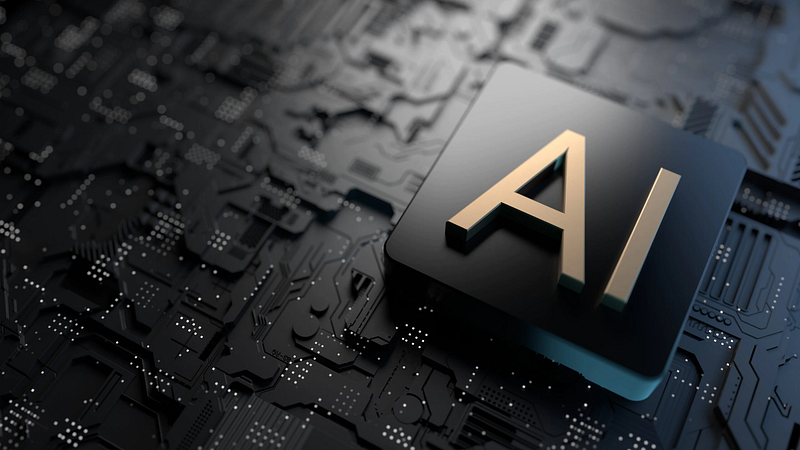
What Are the Limitations of AI Development?
Even though Artificial Intelligence has advanced significantly in recent years, its potential still has some limitations. These include the difficulty in fully understanding social cues and human emotions, the possibility of biased judgment, and the high cost and complexity of creating sophisticated AI systems.
Introduction
Recent years have seen significant advancement in Artificial Intelligence (AI), which has a wide range of applications in sectors like healthcare, finance, and transportation. But even with all of these advantages, there are still some restrictions on AI technology that prevents it from being developed further and used widely.

Here are some of the key limitations of AI development:
Data Availability and Quality
- The availability and quality of data represent one of the biggest obstacles in the development of AI. For AI algorithms to learn and make reliable predictions, enormous amounts of data are necessary. To avoid bias, the data used to train these algorithms must be sufficiently diverse and representative of the real world.
Unfortunately, information is frequently either difficult to find or could be inaccurate or biased. A large dataset with a variety of patient populations must be used to train an AI algorithm, for example, if it is intended to diagnose a specific disease. However, this data may not always be available. Furthermore, accurate model training can be challenging due to data sources that contain missing or insufficient information.
Bias and Fairness
- The potential for bias and unfairness in decision-making is another limitation of AI. Because AI learns from historical data, it’s possible that it will carry any biases that were present in that data. For instance, based on previous hiring trends, an AI system created to screen job applicants may unintentionally discriminate against specific groups of people. Similar to this, an AI model created to forecast the probability of recidivism might be biased against particular demographic groups, like minorities.
To solve this problem, AI developers must make sure that the data they use to train their algorithms are accurate and that the models are built to be impartial and fair. However, since biases can be imperceptible and challenging to identify, this is easier said than done.
Limited Creativity
- While pattern recognition and data analysis are tasks that AI can excel at, it currently lacks the capacity for creative or unconventional thought. As a result, AI is not well suited to tasks that call for creativity, intuition, or arbitrary judgment.
For instance, an AI system might be able to create technically excellent music or art, but it might lack the emotional nuance and originality that a human artist can bring to their work. In a similar vein, an AI system might be able to generate data-driven news articles or reports, but it might not be able to generate novel, insightful analysis that goes beyond the data.
Limited Understanding of Context
- AI systems use data to drive their decisions, but they frequently struggle to comprehend the context in which that data is presented. For instance, if a language translation AI does not comprehend the cultural context in which a joke or idiom was created, it may find it difficult to translate something correctly. Decisions may be made incorrectly as a result of this.
To overcome this limitation, researchers are looking into ways to improve the comprehension and interpretation of context by AI systems, such as by incorporating sentiment analysis and natural language processing.
Security Risks
- If they are not properly secured, AI systems can also be a security risk. For instance, a self-driving car’s AI system might be open to hacking or manipulation by nefarious parties, endangering the lives of other road users and passengers.
AI systems must be created with security in mind, and regular security audits and updates must be carried out to ensure that they continue to be secure, in order to overcome this limitation.
Ethical Concerns
- AI systems may give rise to ethical questions, particularly in relation to privacy and autonomy concerns. For instance, an AI program that monitors users’ online activity could be used to manipulate their thoughts or sway their judgment. In addition, AI systems that make choices without human input might make people wonder who is ultimately accountable for the results of those choices.
It’s critical to create ethical frameworks for the creation and application of AI as well as to make sure that AI systems are accountable and transparent in their decision-making in order to allay these worries.
Cost
- It can be expensive to develop and implement AI systems, especially for smaller organizations or developing nations. Furthermore, maintaining and updating these systems can be expensive, especially if they call for specialized hardware or expertise.
Researchers are looking into ways to increase the accessibility and affordability of AI development and deployment, such as through cloud-based services or open-source software, in order to address this limitation.
Dependence on Data
- The quality of AI systems depends on the data they are trained on. This means that the AI system won’t work well if there isn’t enough pertinent data available or if the data is of poor quality.
Researchers are looking into ways to create synthetic data or enhance existing data sets to overcome this limitation and give AI systems access to enough high-quality data.
Conclusion
In conclusion, the development of Artificial Intelligence (AI) has come a long way, but it still has some limitations that must be addressed. One major limitation is the lack of understanding and transparency in AI decision-making processes. This has raised concerns about the potential for AI to make biased or discriminatory decisions, particularly in areas such as criminal justice, healthcare, and finance. Another limitation is the inability of AI systems to replicate human-level intelligence, creativity, and emotional intelligence.

Moreover, the high cost of AI development and maintenance is also a significant limitation, making it inaccessible to smaller companies and individuals. Additionally, AI systems require a large amount of data to function accurately, raising concerns about privacy and security. The risk of job displacement due to automation is another limitation of AI that must be addressed.








